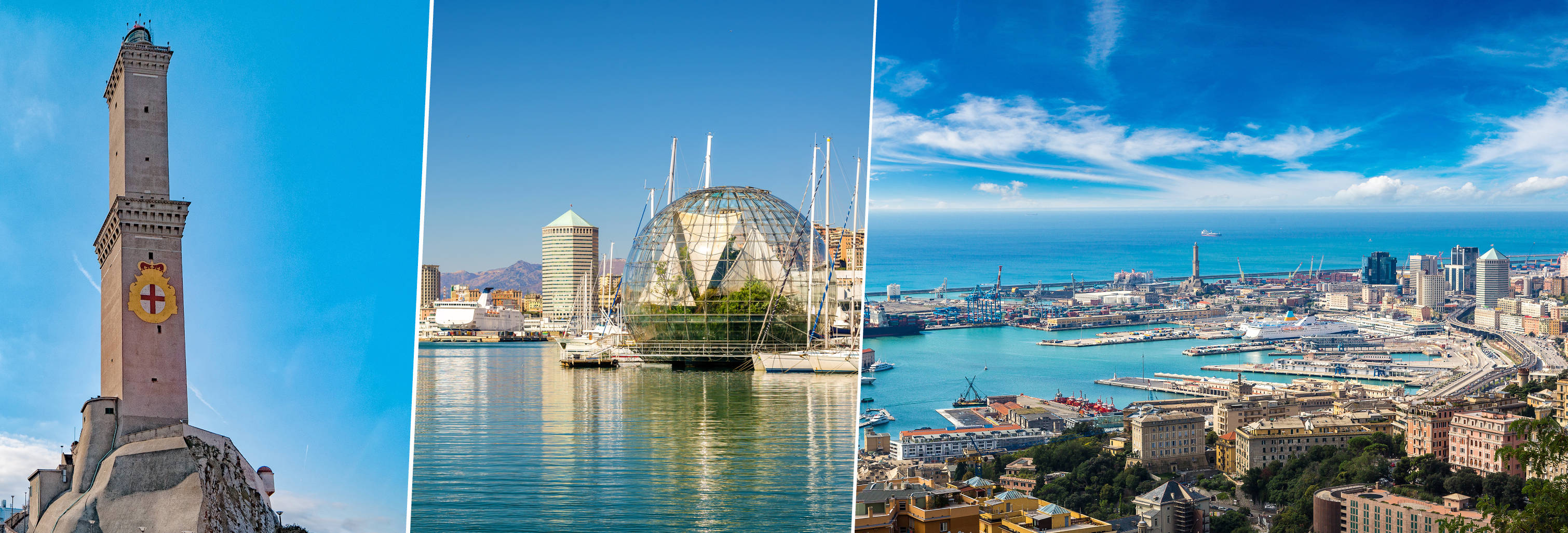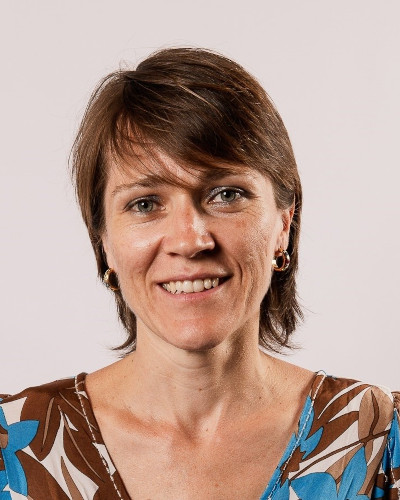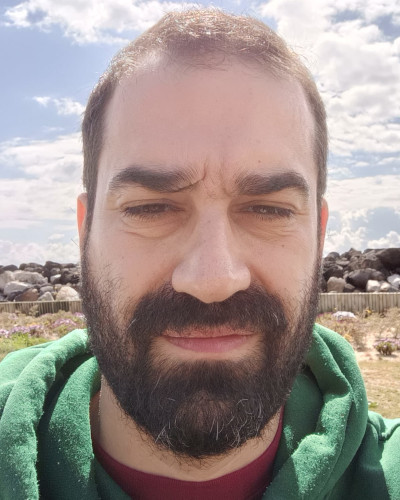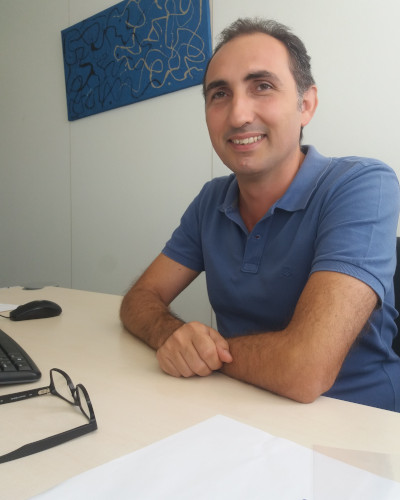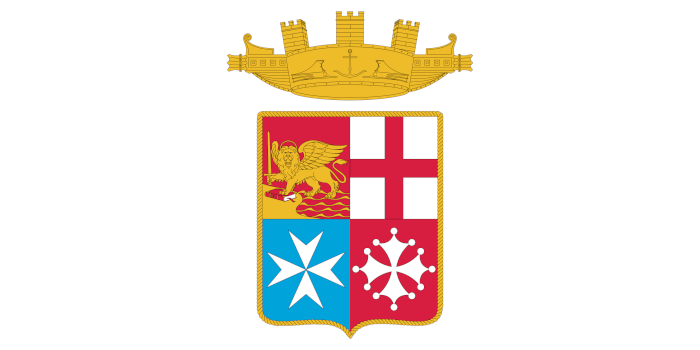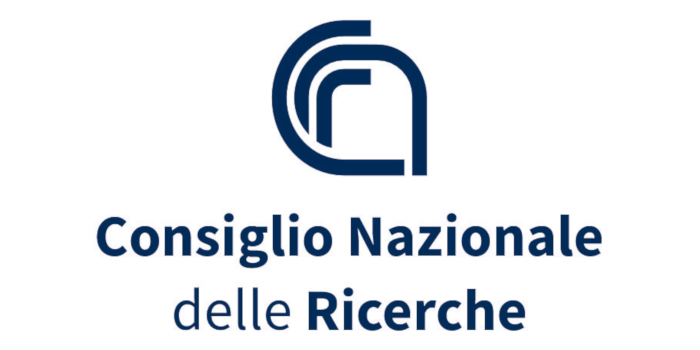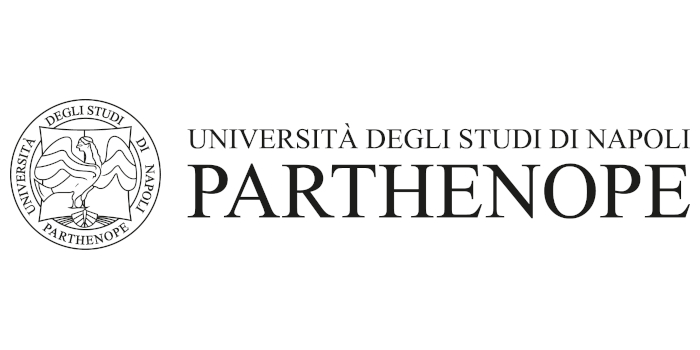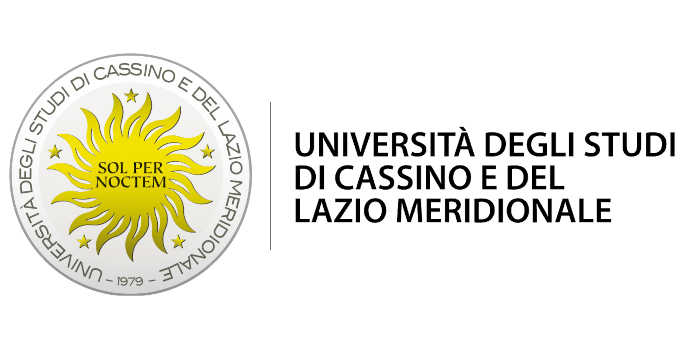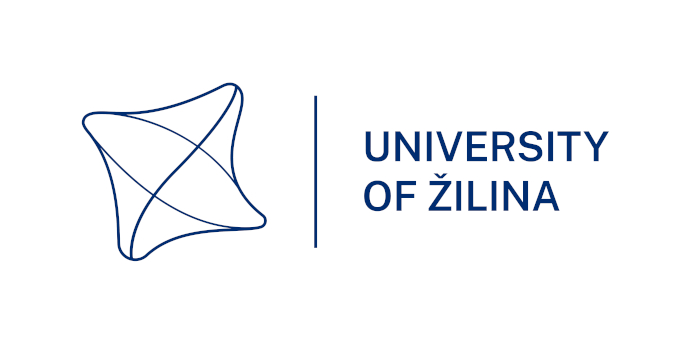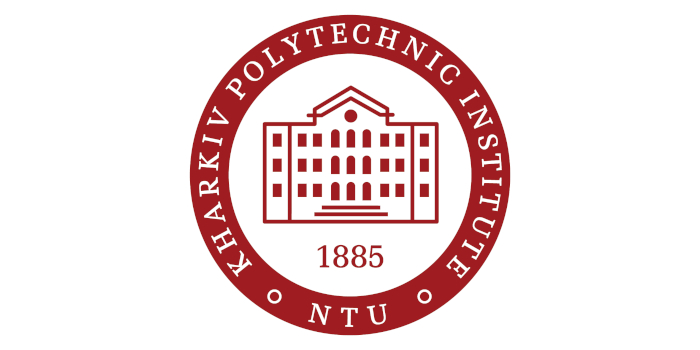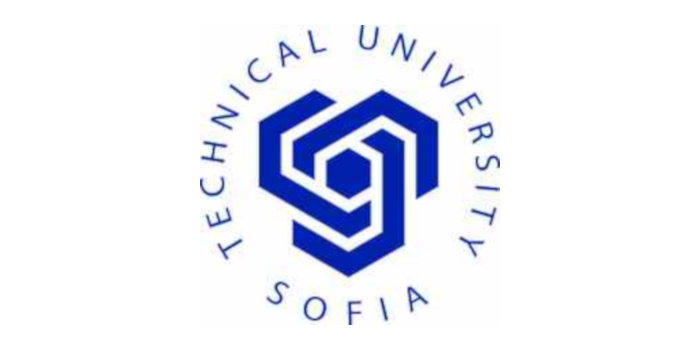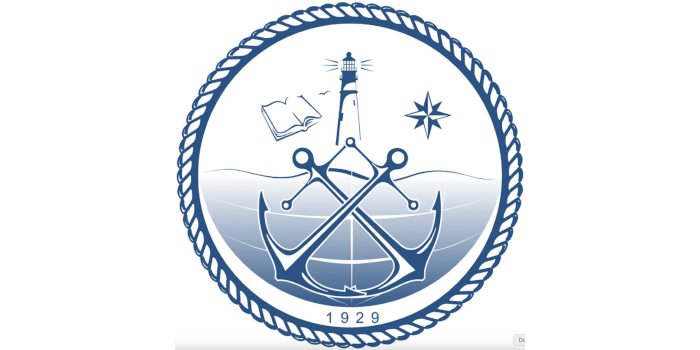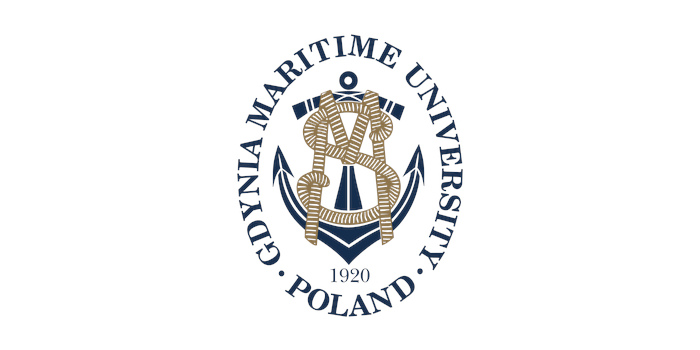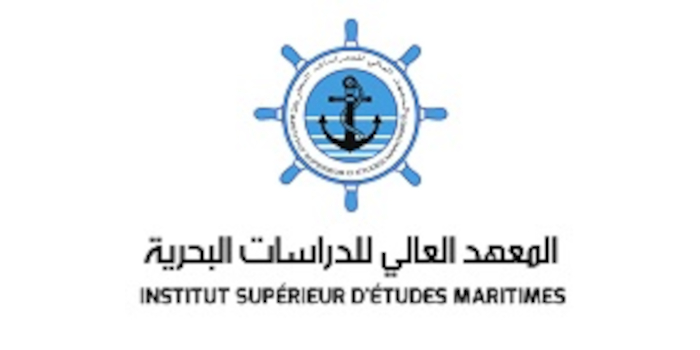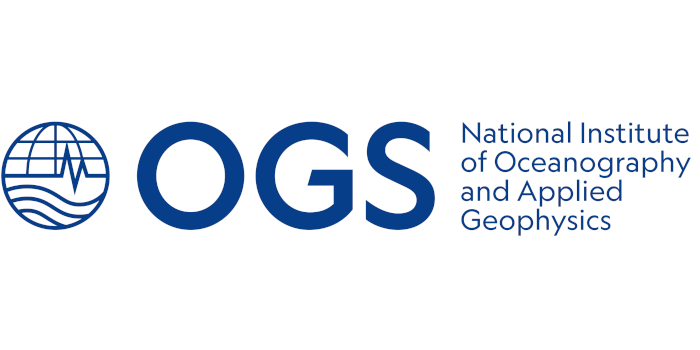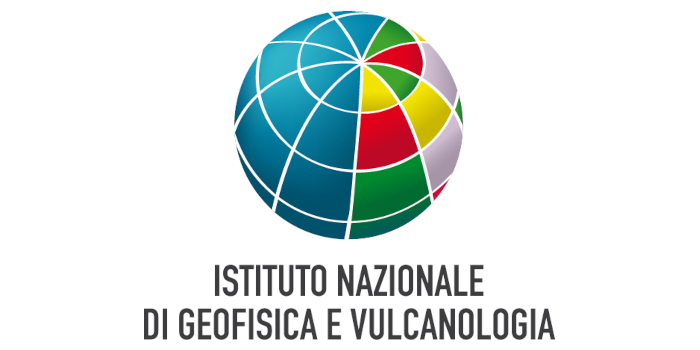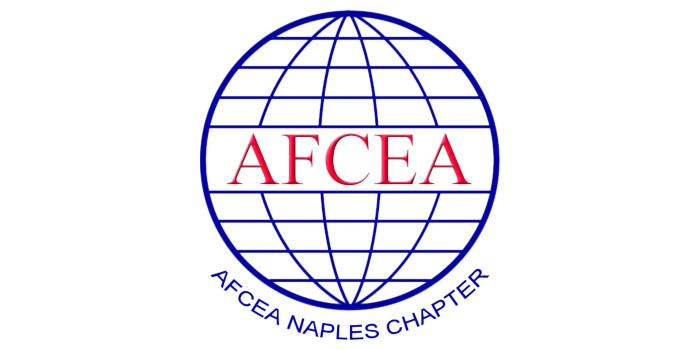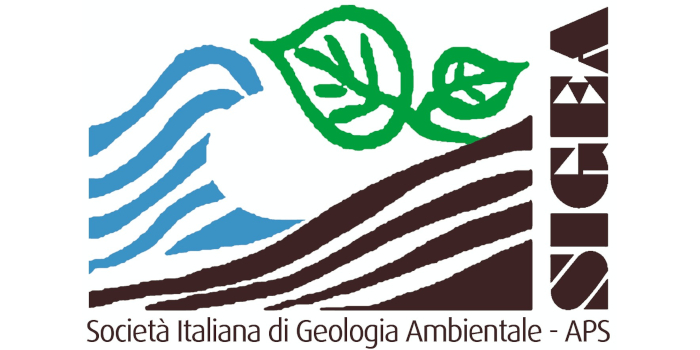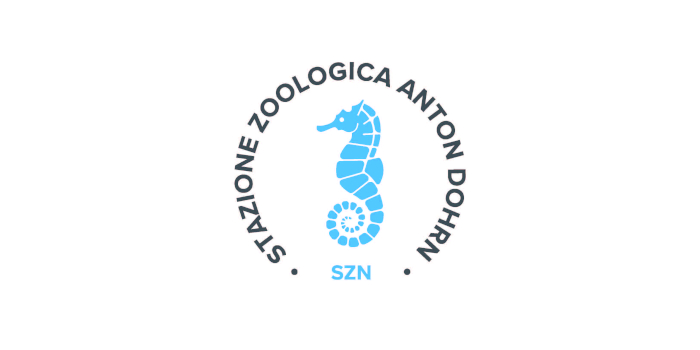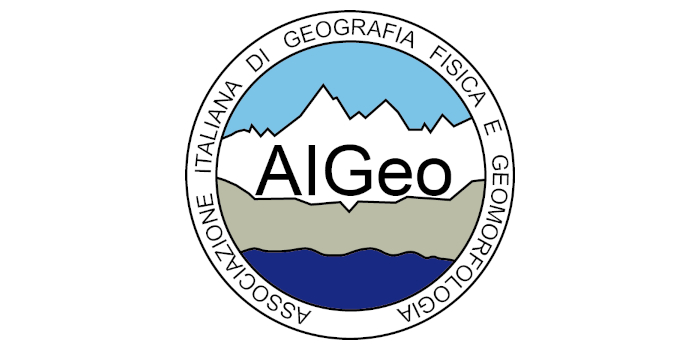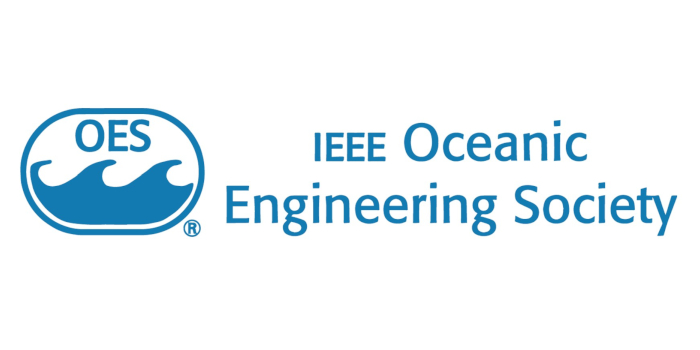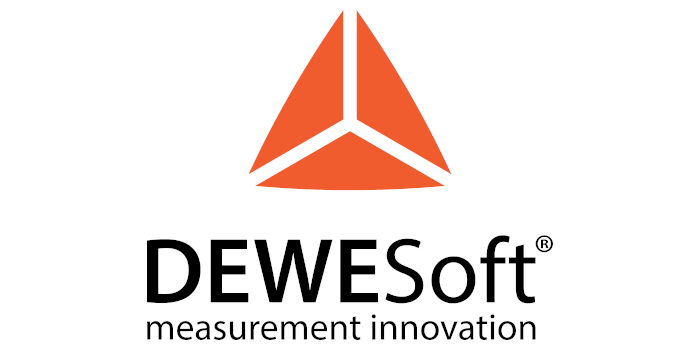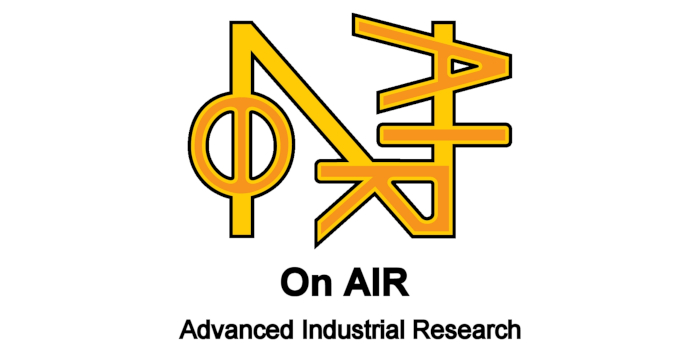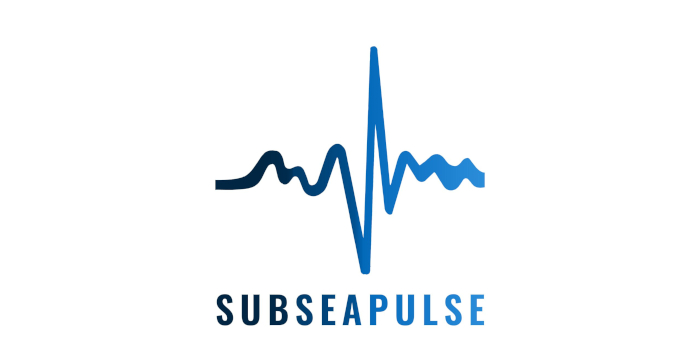SPECIAL SESSION #7
Instrumentation and systems for maritime applications
ORGANIZED BY
Giulia Buttazzoni
University of Trieste, Italy
Giovanni Ludeno
Institute for Electromagnetic Sensing of the Environment, CNR, Naples, Italy
Stefano Perna
Parthenope University of Naples, Italy
ABSTRACT
Protection and preservation of the marine environment represent one of the most significant challenges for humanity. Indeed, natural and anthropic phenomena significantly impact the natural environment, local ecosystems, and existing engineering infrastructures. To prevent and mitigate these impacts, continuous monitoring and detailed analysis of the marine environment are essential, even if challenging due to the complexity of this kind of observed scenario. The combined use of instrumentation and measurement systems, based on various technologies to operate at different scales, altitudes, and resolutions, along with autonomous vehicles for observing areas inaccessible to humans, can provide a more in-depth and accurate understanding of the marine environment and its associated phenomena.
TOPICS
The session is aimed at providing an overview of emerging instrumentation and systems tailored to the observation and understanding of the marine environment, fostering the development of innovative solutions for monitoring and managing maritime activities. Particularly, the session intends to collect contributions relevant to the design and/or exploitation of challenging instrumentation such as (but not limited to):
- radar, acoustic and lidar systems;
- antennas;
- optical sensors;
- unmanned surface vehicles;
- wave buoys;
- integrated sensors and instruments;
In the specific frame of maritime applications, such as (but not limited to):
- sea state monitoring;
- navigation safety;
- marine pollution;
- management of the marine resources;
- sea safety and protection.
Emerging techniques focused on the proper processing of the data acquired by the above-mentioned instrumentation and systems, as for instance:
- data fusion;
- multidisciplinary approaches for maritime environment;
- integration of models and data;
Are of interest for the session as well.
ABOUT THE ORGANIZERS
Giulia Buttazzoni (Senior Member, IEEE) received the M.Sc. Degree (summa cum laude) in Telecommunication Engineering and the Ph.D. Degree in Information Engineering from the University of Trieste (Italy), in 2008 and 2013, respectively. In 2014 she joined the Department of Engineering and Architecture (DIA) of the University of Trieste, where she is currently Associate Professor in Electromagnetic Fields and Antennas. She is member of SIEM (Italian Electromagnetics Society) and CNIT (National Inter-University Consortium for Telecommunications). Her main research activity concerns antenna array synthesis techniques and numerical methods for electromagnetic fields.
Giovanni Ludeno received his M.S. degree in Telecommunication Engineering from the University "Mediterranea" of Reggio Calabria, Italy, in 2011, and his Ph.D. in Electronics and Computer Engineering from the University of Campania "Luigi Vanvitelli," Caserta, Italy, in 2015.
From November 2011 to October 2012, he was a Scholar at the Institute for Electromagnetic Sensing of the Environment, National Research Council of Italy (IREA-CNR), in Naples. He then worked as a Research Fellow at Vitrociset SpA, Rome, from October 2012 to January 2014. Since 2015, he has been a Research Scientist at IREA-CNR, where he leads the unit for the CN-MOST PNRR project and serves as Principal Investigator (PI) and Co-PI for the PRIN PNRR SEAWATCH and PRIN 2022 ARACNE projects, respectively.
Dr. Ludeno has coauthored over 80 publications in international peer-reviewed journals, conference proceedings, and books. His research focuses on applied electromagnetism, with a particular emphasis on remote and in situ sensing. He has also contributed as a Guest Editor for two Special Issue of the Journal of Marine Science and Engineering (MDPI), where he currently serves as a Topic Editor.
Stefano Perna received the Laurea Degree (summa cum laude) in Telecommunication Engineering and the Ph.D. degree in Electronic and Telecommunication Engineering, both from the Università degli Studi di Napoli “Federico II”, Naples, Italy, in 2001 and 2006, respectively. In 2003, 2005 and 2006 he received grants from CNR (Italian National Research Council) to be spent at the Istituto per il Rilevamento Elettromagnetico dell’Ambiente (IREA), Naples, for research in the field of remote sensing. Since 2006 he has been with the Dipartimento di Ingegneria (DI) of the Università degli Studi di Napoli “Parthenope”, Naples, where he is currently Professor of Electromagnetic Fields. He currently holds also the position of Adjunct Researcher at IREA-CNR, Naples. Since 2015 he collaborates with the Argentinian National Council of Technical and Scientific Research (CONICET) on activities relevant to the focusing and processing of airborne and spaceborne SAR data. In 2016 he was Visiting Professor at the Departamento de Teoría de la Señal y Comunicaciones of the Universitat Politècnica de Catalunya (UPC), Barcelona, Spain. He is responsible for several research projects relevant to the realization and testing of novel radar systems, and the focusing and processing of SAR data. From 2020 he is member of the Mission Advisory Group (MAG) of the PLATINO-1 SAR mission funded by the Italian Space Agency (ASI). From 2024 he is member of the scientific committee supporting the next National L-band low-frequency radar mission funded by the Italian Space Agency (ASI). From 2024 he is associate editor for IEEE Transactions on Geoscience and Remote Sensing.
His main research interests are in the field of microwave remote sensing and electromagnetics: airborne SAR data modelling and processing, airborne SAR interferometry, modelling of electromagnetic scattering from natural surfaces, synthesis of antenna arrays, antenna characterization and measurement in anechoic and reverberating chambers.

